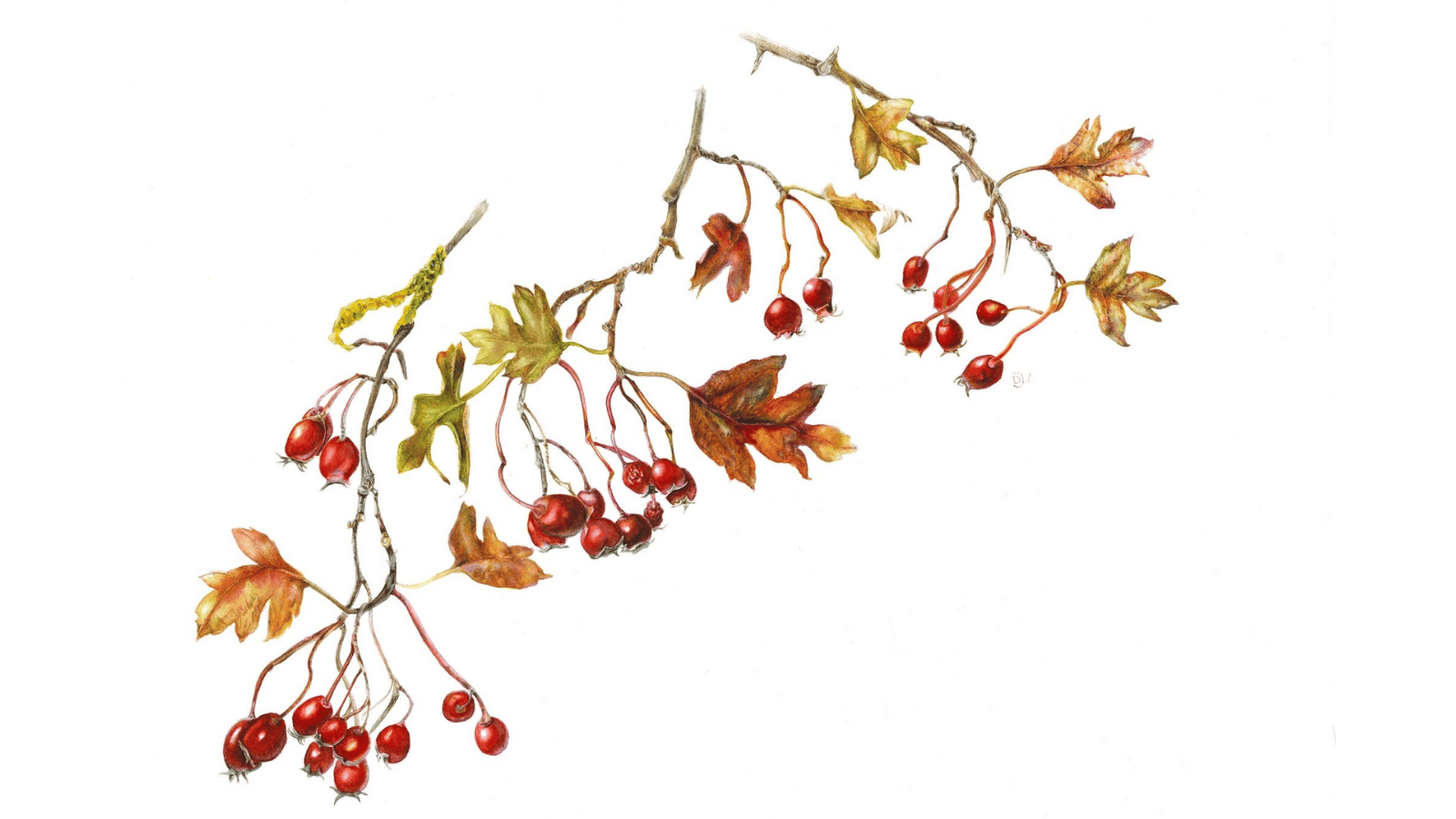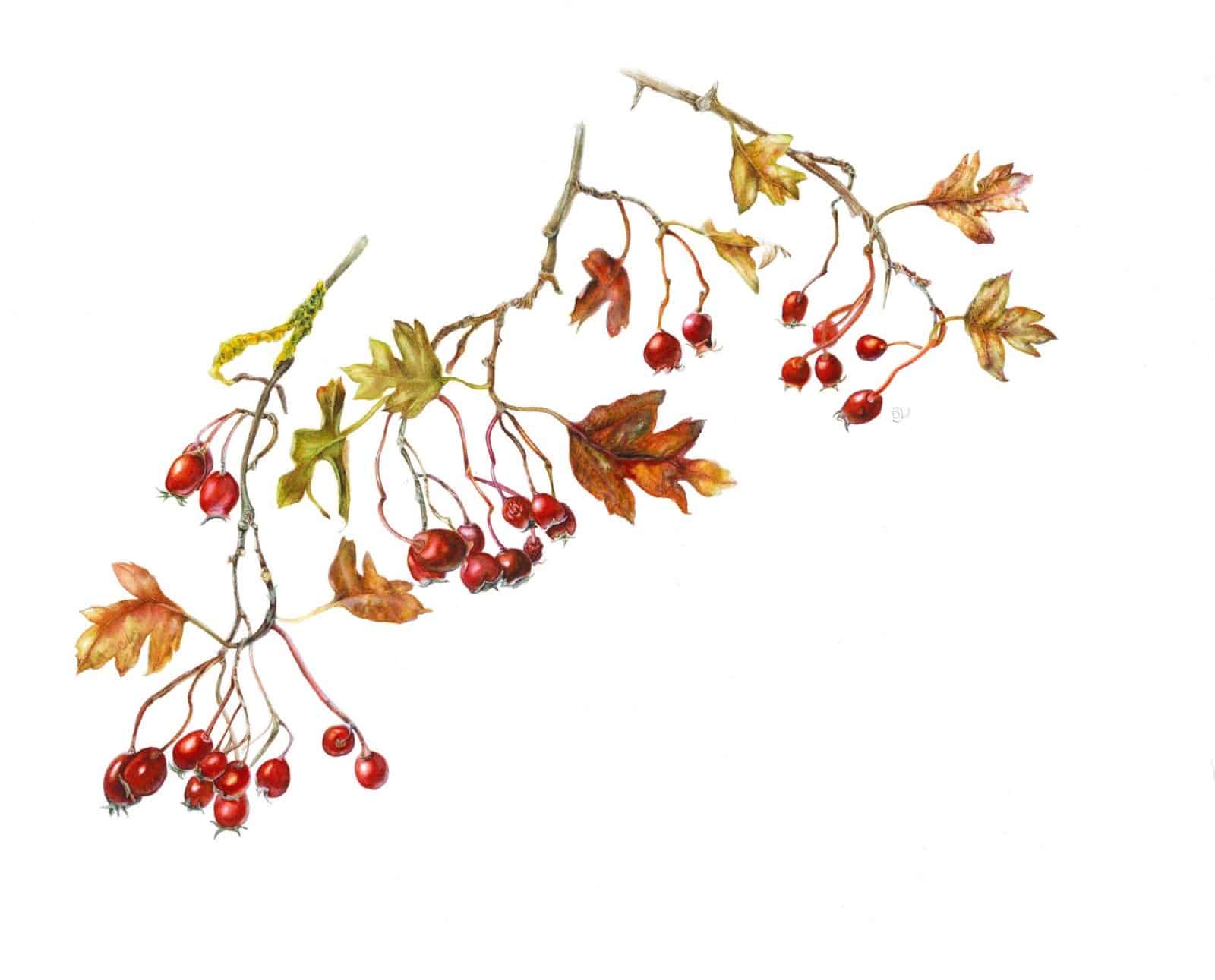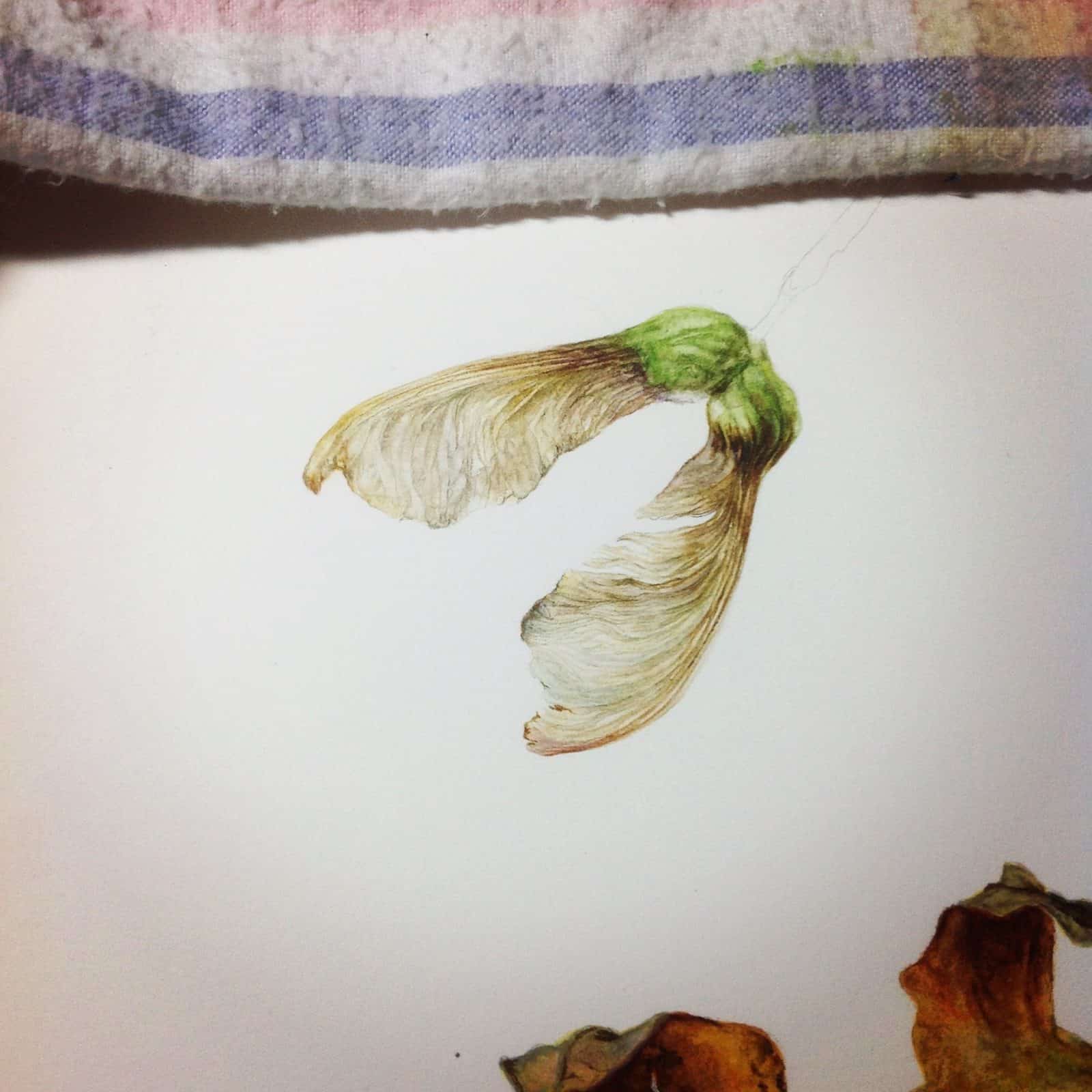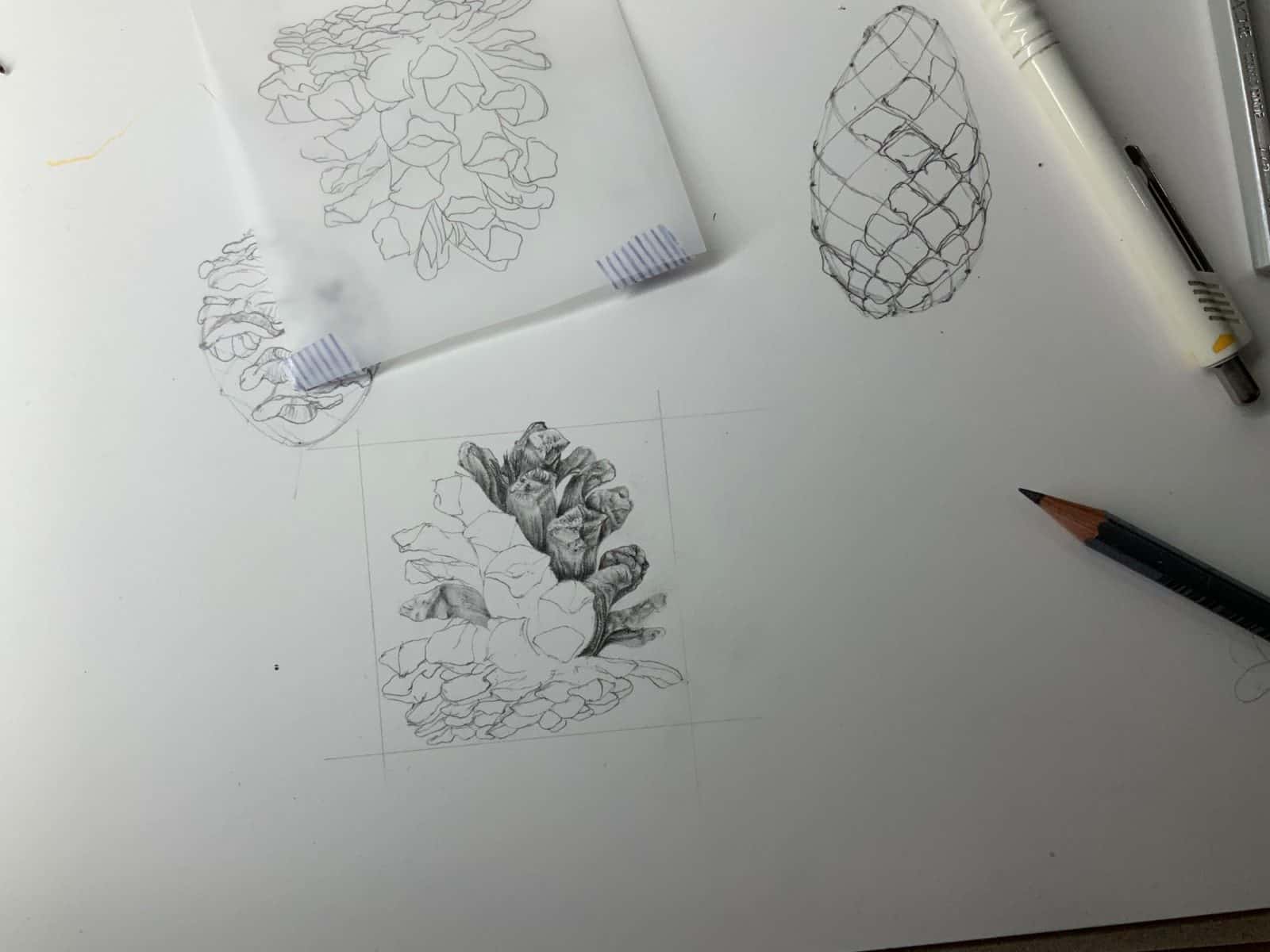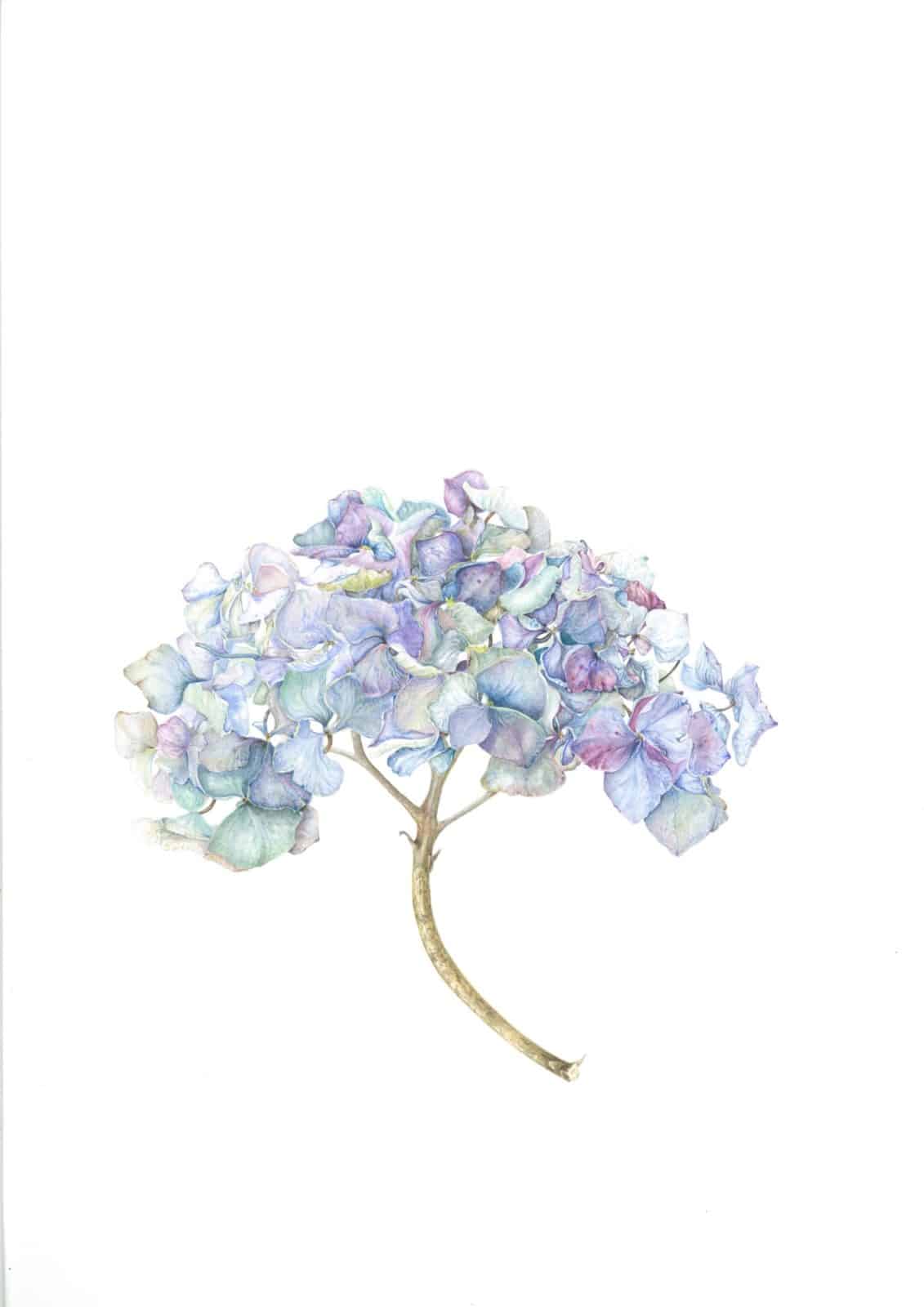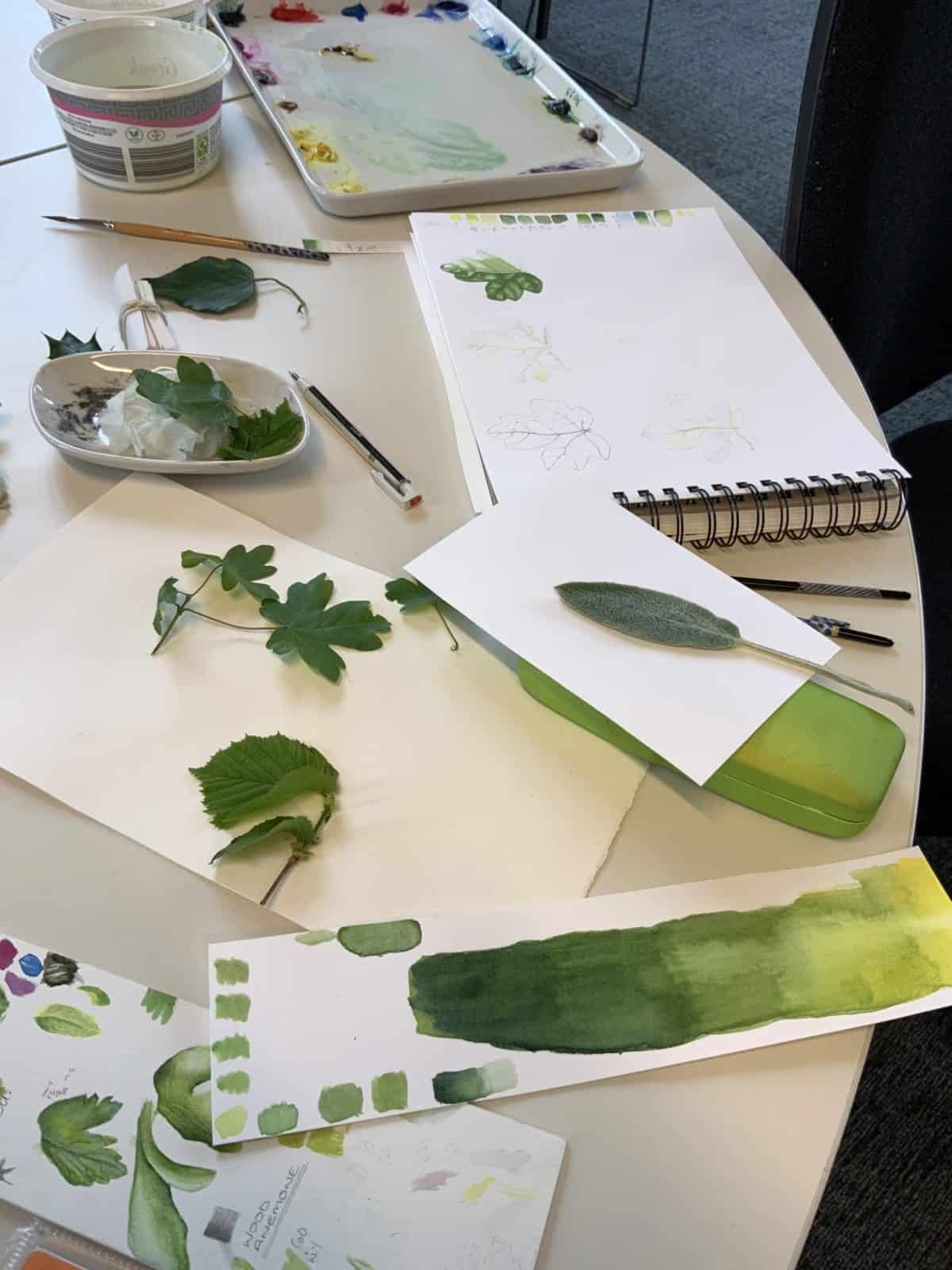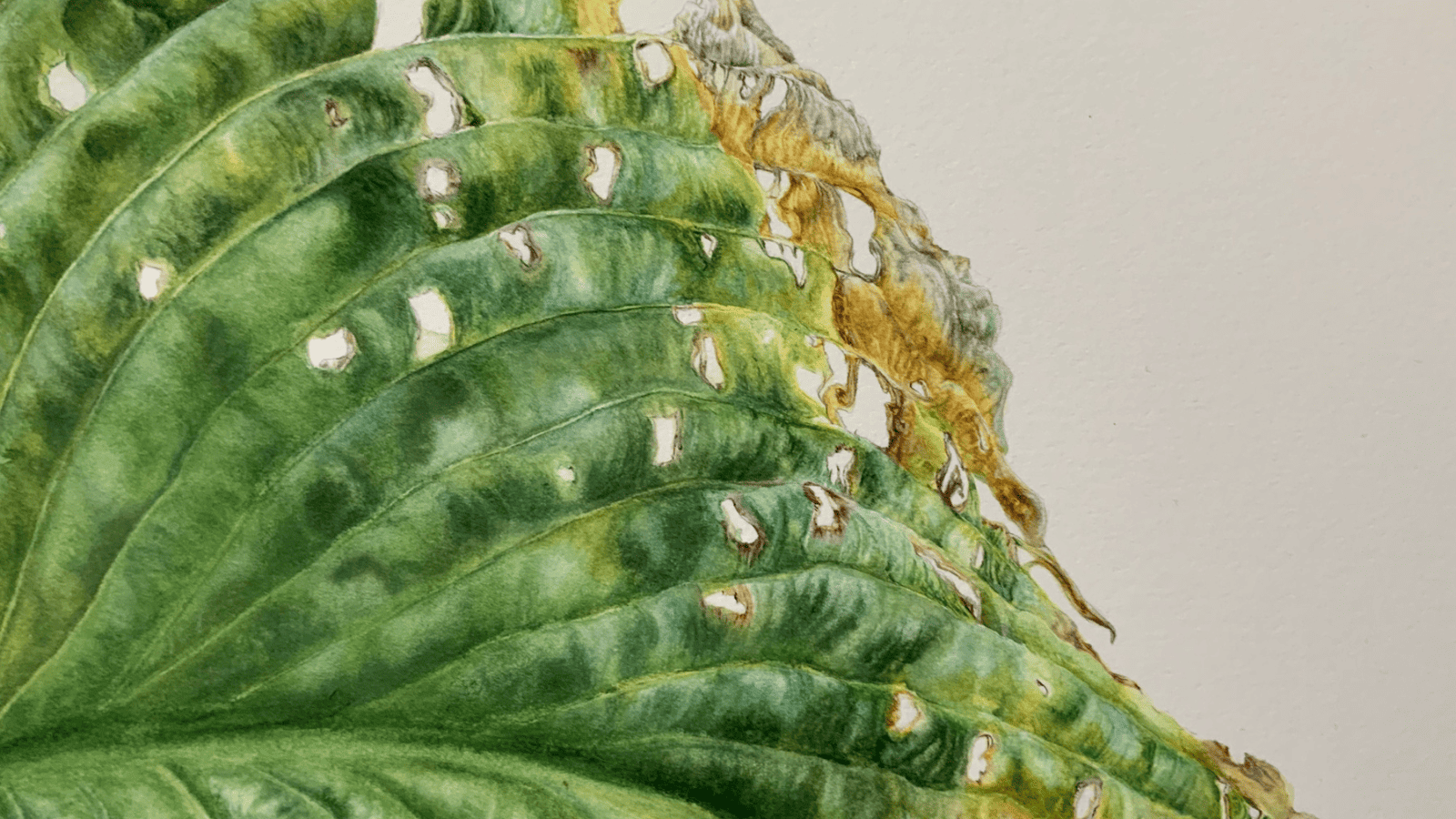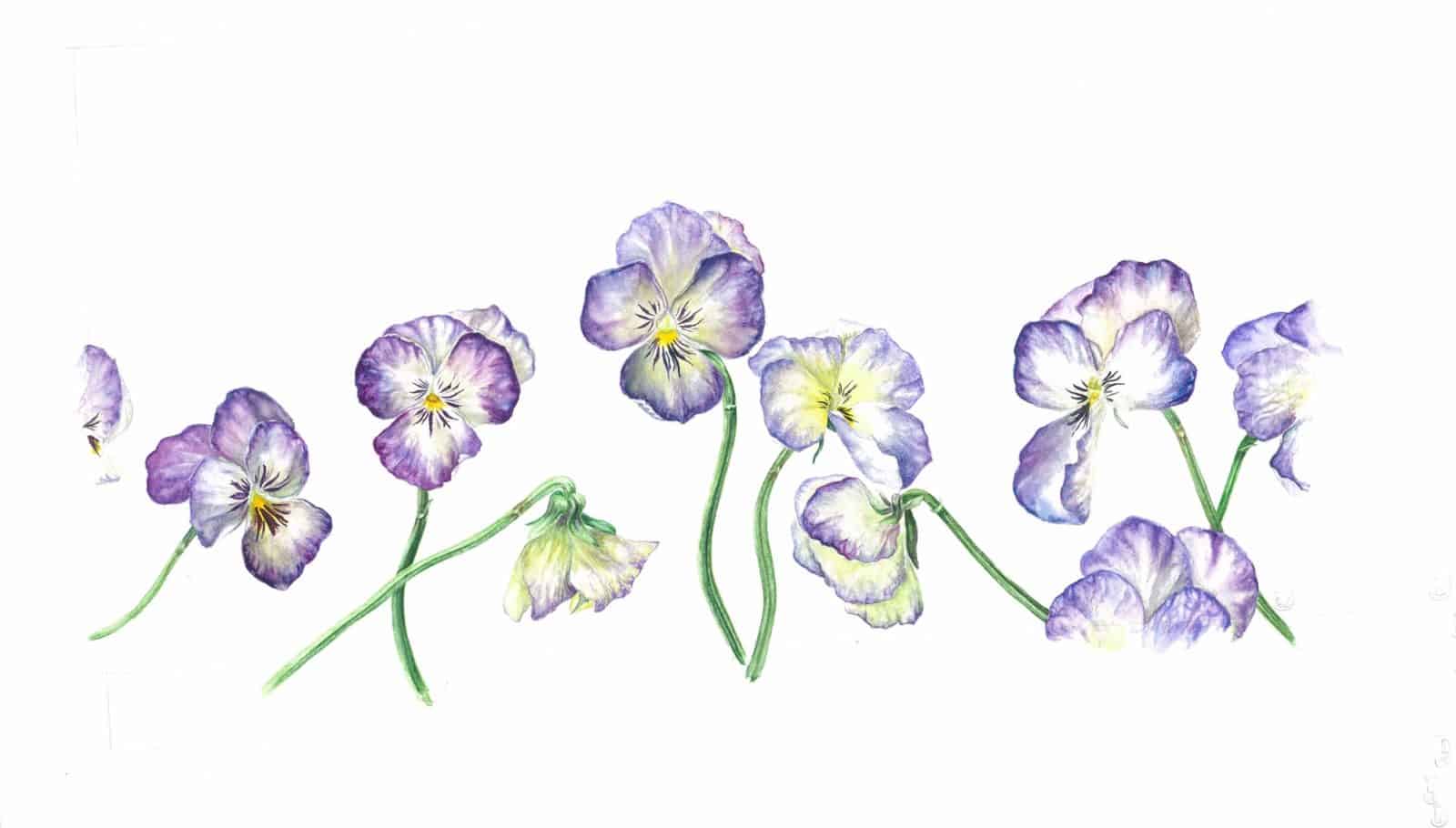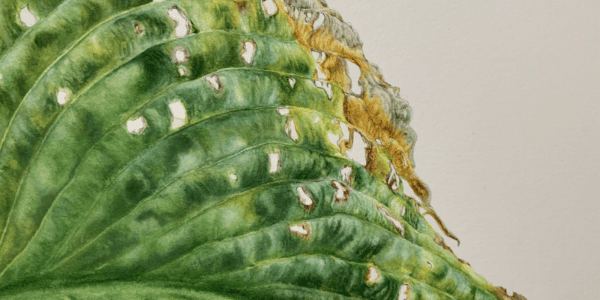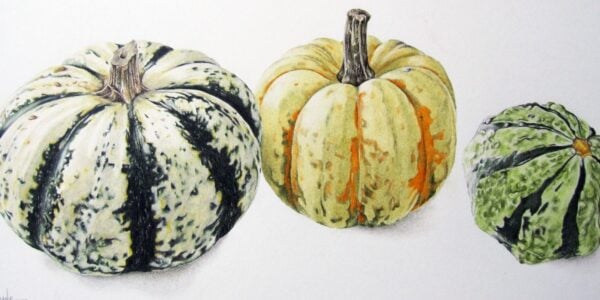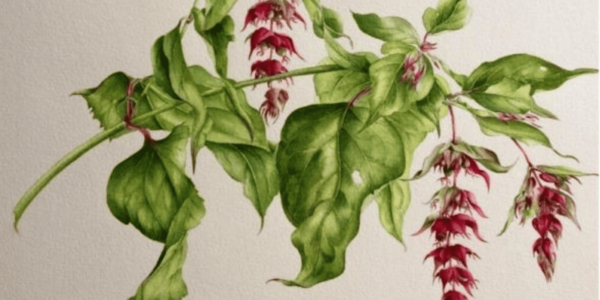Explore the art of botanical drawing and painting. Using nature as our inspiration we will specifically focus on botanical subjects. This course will enable you to enter into the addictive genre of botanical art and illustration.
Read more
With the emphasis on essential observation and drawing skills, watercolour techniques, colour matching and composition, you will be guided through the stages of producing beautiful study pages or pieces of botanical art, whilst simultaneously allowing you to develop your own style.
This is primarily a studio based course, though there may be a trip to the beach (weather permitting) to sketch and study plants growing in their natural habitat. Tuition will be both group and one to one. Demonstrations and discussion will continue throughout the course and individual ideas will be encouraged and developed. There will also be access to reference materials to aid and reinforce learning.
Subject materials will be made available though you are very welcome to bring along a botanical subject of your choice, or a botanical work-in-progress which you wish to continue to develop.
The course is aimed at both beginners and improvers; it can be extremely advantageous for those with little or no experience to work alongside painters with some expertise. The sharing of skills and knowledge is greatly encouraged and can be beneficial to all concerned.
About the tutor
Dawn Wright studied Botanical Illustration for 3 years at Leicester College and has been teaching botanical art for a number of years, including at Nottingham Trent University. She is a Fellow of the Society of Botanical Artists and a member of several UK and international botanical art societies. Dawn enjoys introducing students to botanical art and is enthusiastic about raising the profile of this genre. In her own work she enjoys recreating the colours and textures which the changing seasons bring, relishing in the challenge of capturing light and drama, encouraging us to stand still and look, look and look again at the natural world around us.
Explore our range of botanical illustration courses hosted by our engaging tutors and learn from their expertise and skills. Our art courses are a chance to meet like-minded people, a chance to unwind from everyday life, and a great opportunity to experience the UK’s glorious countryside surrounding our field centres.
Example Timetable
Resident participants are requested to arrive for registration by 17.00 on arrival day.
The course will begin after supper.
Non-residents can arrive 10/15 mins before the evening meal or for the introduction talk.
There will be an introductory talk at 17.00.
Supper is usually at 18.30.
A non-resident booking also includes dinner during your course as teaching does progress into the evening.
Breakfast, for resident participants, will be from 08:00.
The course will end at 15.00. On the final day please vacate your room by 09:00, storage is provided for your luggage
What's Included
Full board accommodation and picnic lunch are for resident bookings only.
Before You Attend
What to bring
Watercolour Paints
Artists’ quality preferred, recommend Winsor & Newton as can be purchased easily from high street stores or on-line art retailers such as Jackson’s, Ken Bromley, SAA, Cass Art.
Transparent Yellow
Indian Yellow
Permanent Alizarin Crimson or Permanent Carmine
Permanent Rose
Quinacridone Red
Winsor Violet Dioxazine
Winsor Blue Red Shade or Pthalo (Pthalocyanine) Blue Red Shade
Winsor Blue Green Shade Or Pthalo (Pthalocyanine) Blue Green Shade
Burnt Umber
Brushes
I use sable ‘pointed round’ brushes. My favourite brand is Raphael Series 8408. These can be purchased from Jackson’s Art or Hobby Heaven (Avoid purchasing these fromGreat Art as there have been delays recently with deliveries)
Sizes 6, 4, 2 and 0.
I use 2 brushes of the same size at the same time, one to hold water and one to hold paint – by doing this I am not diluting my paint.
Whether you choose sable, sable/synthetic or synthetic, your brushes should go into a lovely sharp point. Please do not bring rigger brushes.
A small synthetic ‘flat’ brush is useful for sharpening edges and for lifting off colour to show highlights.
Paper
Good quality, hot press paper, white, minimum weight 140lb (300gsm). Paper can be bought by single sheet or in pads or gummed blocks. A couple of full sheets would be sufficient as they can be cut down to fit your final composition. The paper should be kept flat, not rolled. Please do not bring ‘rough’ paper, as it is not suitable for botanical illustration and art.
I use Arches Hot Press paper, heavyweight – 300lbs (640gsm), as I like to lay down a lot of paint and don’t wish to stretch my paper.
An alternative would be Daler Rowney The Langton Prestige smooth paper, or your preferred paper which you enjoy working on.
Other Equipment
- sketchbook: smooth, white paper. I can recommend Daler Rowney Ebony Spiral sketchbook. Min size A4, A3 preferable.
- white palettes or white plates – ceramic
- pencils – 4H, 2H, HB, B, 2B
- cotton rag/kitchen roll
- kneadable/putty rubber AND a plastic eraser
- tracing paper
- hand-held magnifying lens, if you have one
- travel lamp/daylight lamp – bring with you if you have one, but don’t buy specifically for this course
- sturdy containers for your subjects/ oasis
- craft knife
- a piece of fine grade sand paper
- notebook – for all those tips and knowledge you’re going to acquire

